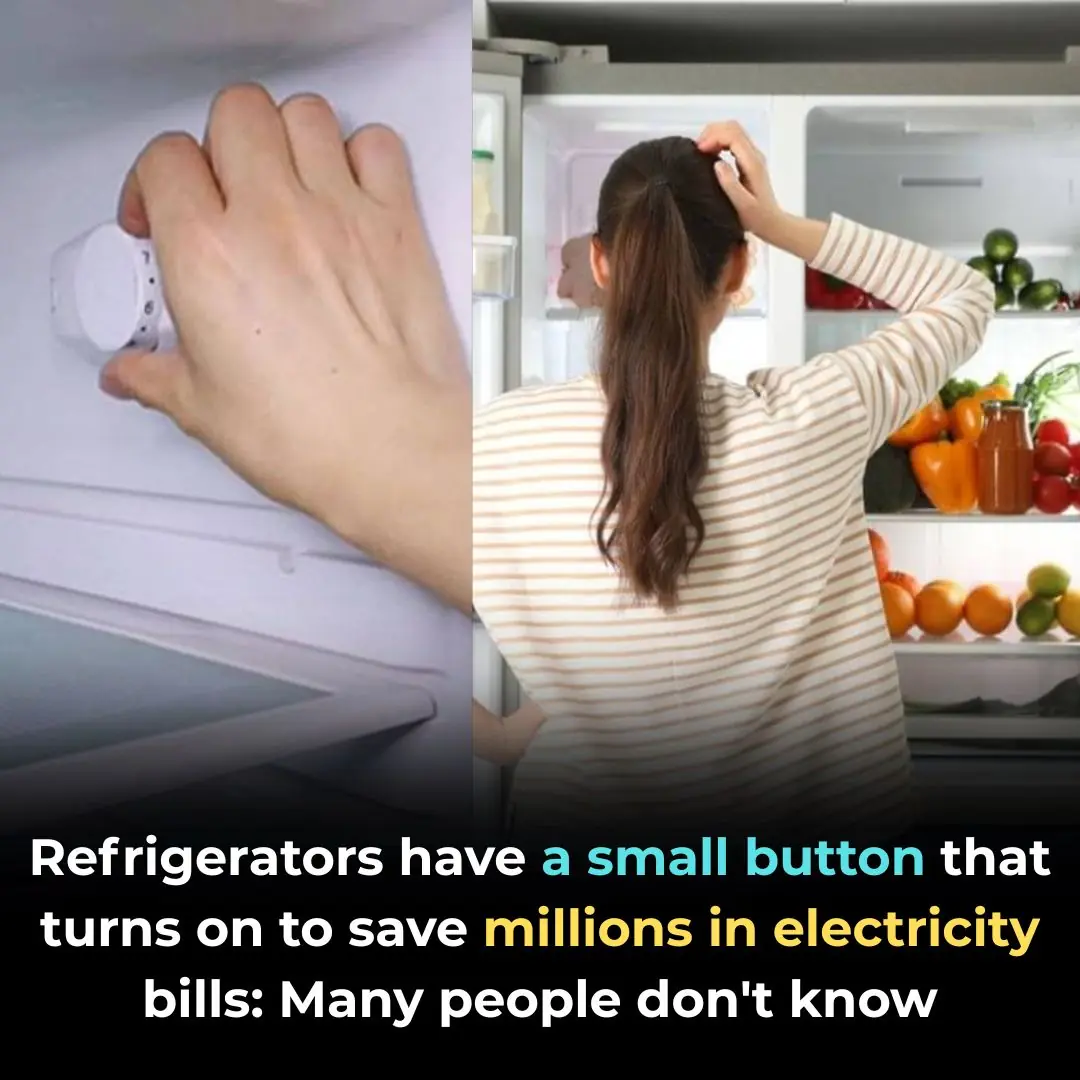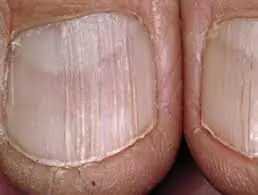
This Is What Happens To Your Body The Day You Stop Eating Bread

Bread has been a staple of the Western diet for centuries. It’s found on nearly every restaurant table, and for many households, it’s a daily companion to breakfast, lunch, and dinner. Globally, bread and other wheat-based products provide about 20% of the world’s calorie intake — making it one of the most consumed foods on the planet.
While there’s nothing wrong with enjoying fresh, homemade bread from time to time, most of the bread we eat today is highly processed, filled with refined flour, preservatives, and additives that can negatively affect our health.
If you find yourself eating bread with almost every meal, it may be worth cutting it out for a month. Many people report feeling lighter, more energized, and less bloated after going bread-free. Let’s explore the key health benefits of reducing or eliminating bread from your diet.
1. Weight Loss and Reduced Bloating
It’s no coincidence that bread is one of the first foods eliminated in most weight-loss programs. The reason? Refined carbohydrates.
Most commercial breads are made from refined white flour, which lacks fiber and nutrients. These simple carbs are rapidly digested, causing spikes in blood sugar and insulin levels — processes that encourage fat storage, especially around the belly.
In addition, refined carbohydrates tend to retain water. For every gram of carbohydrate you eat, your body can hold up to 3–4 grams of water. When you remove or significantly reduce bread, you’ll quickly notice a drop in water weight and bloating, giving you a leaner appearance within days.
Research also suggests that diets high in refined grains can lead to greater visceral fat accumulation, the dangerous type of fat that surrounds your organs and increases your risk of heart disease and diabetes.
2. More Stable Energy and Improved Focus
Wheat and refined flour products cause rapid blood sugar fluctuations — you feel energized for a short while, then crash, leaving you tired and craving more sugar or carbs.
This rollercoaster effect can leave you mentally foggy and physically drained. Moreover, wheat often contains glyphosate residues (from pesticides) that may harm gut health by increasing intestinal permeability, contributing to a condition often referred to as “leaky gut syndrome.”
According to Dr. Alessio Fasano, Medical Director of the University of Maryland’s Center for Celiac Research, no one completely digests gluten. Some people tolerate it better than others, but the proteins gliadin and glutenin — the two components that make up gluten — can trigger immune reactions in sensitive individuals.
“We do not have the enzymes to fully break it down,” explains Fasano. “How our immune system reacts to gluten depends on how our intestinal walls close after we ingest it.”
When these proteins pass through the gut barrier, they can spark inflammation, causing fatigue, headaches, and joint pain. Over time, these effects may lead to chronic tiredness and low mood, even after a balanced meal.
Many people report that after removing bread and gluten, their energy levels stabilize, their mind feels clearer, and afternoon slumps disappear.
3. Better Digestion and Less Discomfort
Despite being a major part of many diets, wheat is difficult to digest for a large portion of the population. Even if you don’t have a diagnosed gluten intolerance or celiac disease, you might experience subtle digestive distress after eating bread — often without realizing the connection.
“Probably one-third of patients in my allergy clinic complain of digestive symptoms such as bloating, diarrhea, vomiting, and stomach pain after eating bread,” says Dr. Isabel Skypala, allergy dietitian at the Royal Brompton and Harefield NHS Foundation Trust. “Some foods are simply harder to digest, and wheat appears to be one of those.”
For individuals with non-celiac gluten sensitivity, irritable bowel syndrome (IBS), or wheat intolerance, cutting out bread and other gluten-heavy foods can make a dramatic difference. It can help reduce bloating, abdominal pain, and irregular bowel movements.
In fact, removing FODMAPs (fermentable carbohydrates found in wheat, dairy, and some fruits) is one of the most effective ways to relieve IBS symptoms. Within weeks, many people report improved digestion, less gas, and a flatter stomach.
4. Better Appetite Control and Fewer Cravings
Refined white bread digests quickly and causes a sharp spike in blood glucose, followed by an equally sharp drop. This rapid change triggers hunger and cravings soon after eating.
Because processed bread is stripped of fiber, it doesn’t keep you full for long. Instead, it encourages overeating and snacking — especially on other carb-rich foods.
When you stop eating bread, your blood sugar levels remain more stable throughout the day. You’ll likely notice fewer cravings for sweets or snacks, and it becomes easier to recognize true hunger rather than sugar-induced urges.
Replacing bread with fiber-rich alternatives — such as oats, quinoa, sweet potatoes, or whole vegetables — also helps you feel more satisfied after meals, supporting long-term weight management.
How to Successfully Cut Bread from Your Diet
If bread has been part of your routine for years, removing it can feel challenging at first. The key is to replace, not just remove.
Here are a few practical tips to make the transition easier:
-
Start small: Try going bread-free for one week, then extend to a month.
-
Swap smartly: Replace toast or sandwiches with oatcakes, lettuce wraps, or rice paper rolls.
-
Increase whole foods: Focus on fruits, vegetables, lean proteins, and healthy fats to stay satisfied.
-
Stay hydrated: Reducing carbs naturally decreases water retention, so drink plenty of water to stay balanced.
-
Prepare for cravings: The first few days can bring mild carb cravings — combat them with snacks like nuts, eggs, or yogurt.
Within two to four weeks, most people find that their digestion improves, their cravings fade, and their energy levels rise.
The Bottom Line
Bread isn’t inherently bad — especially if you’re eating whole-grain, homemade, or fermented varieties in moderation. However, processed white bread offers little nutrition and can lead to bloating, fatigue, and unwanted weight gain when eaten daily.
Taking a break from bread gives your body the chance to reset. You may discover better digestion, clearer skin, more energy, and a smaller waistline — all by removing one simple food from your plate.
News in the same category

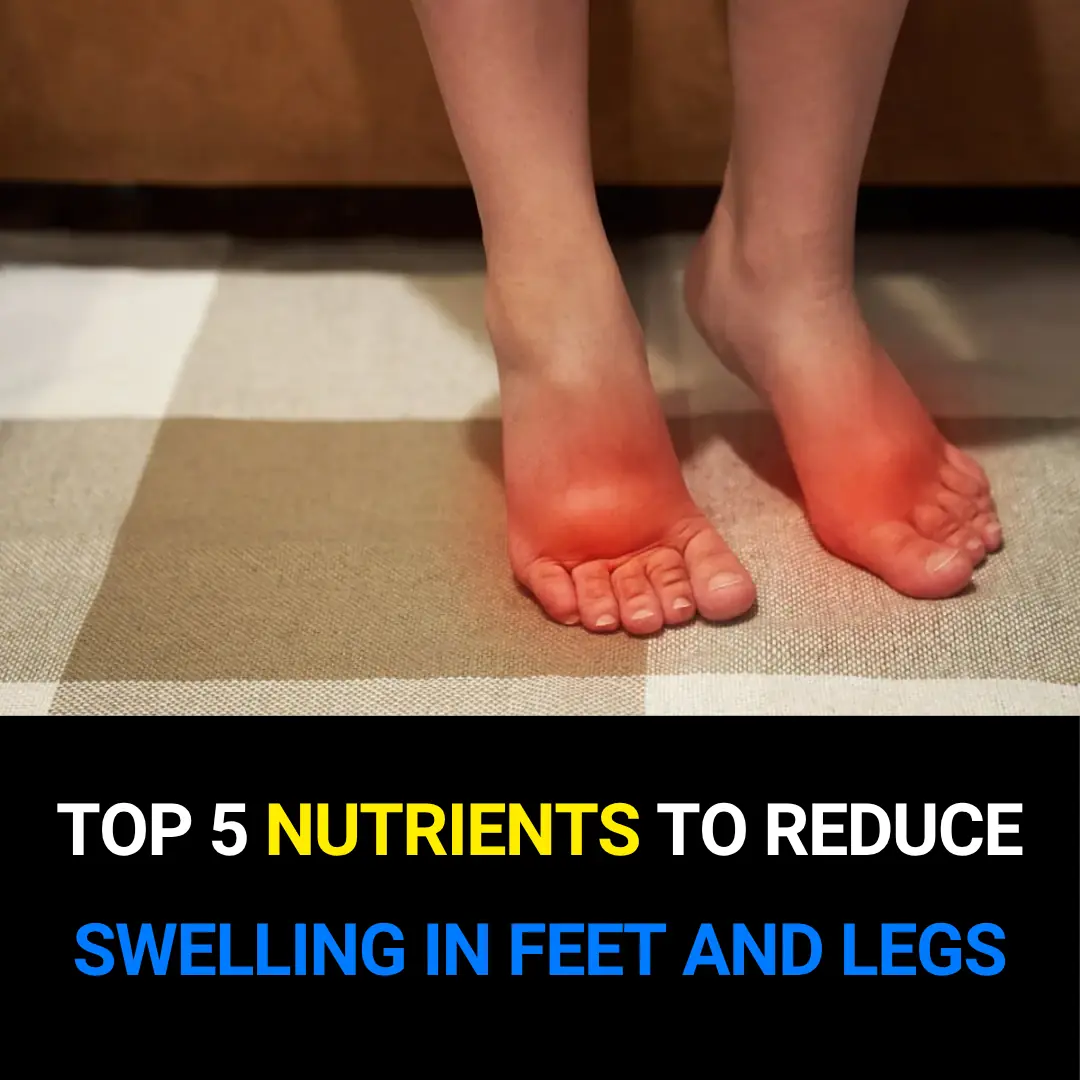
Top 5 Nutrients to Reduce Swelling in Feet and Legs
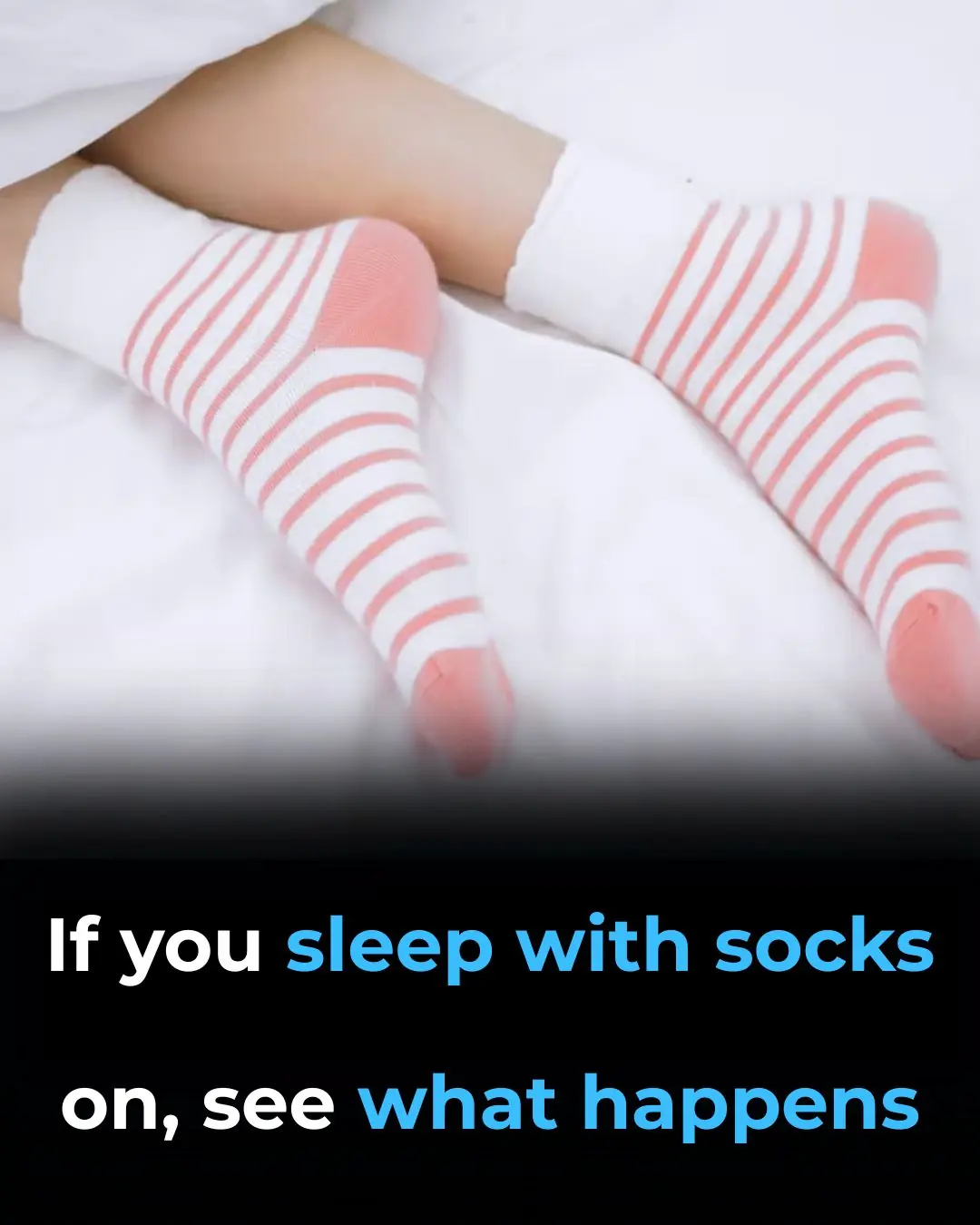
If you sleep with socks on, see what happens
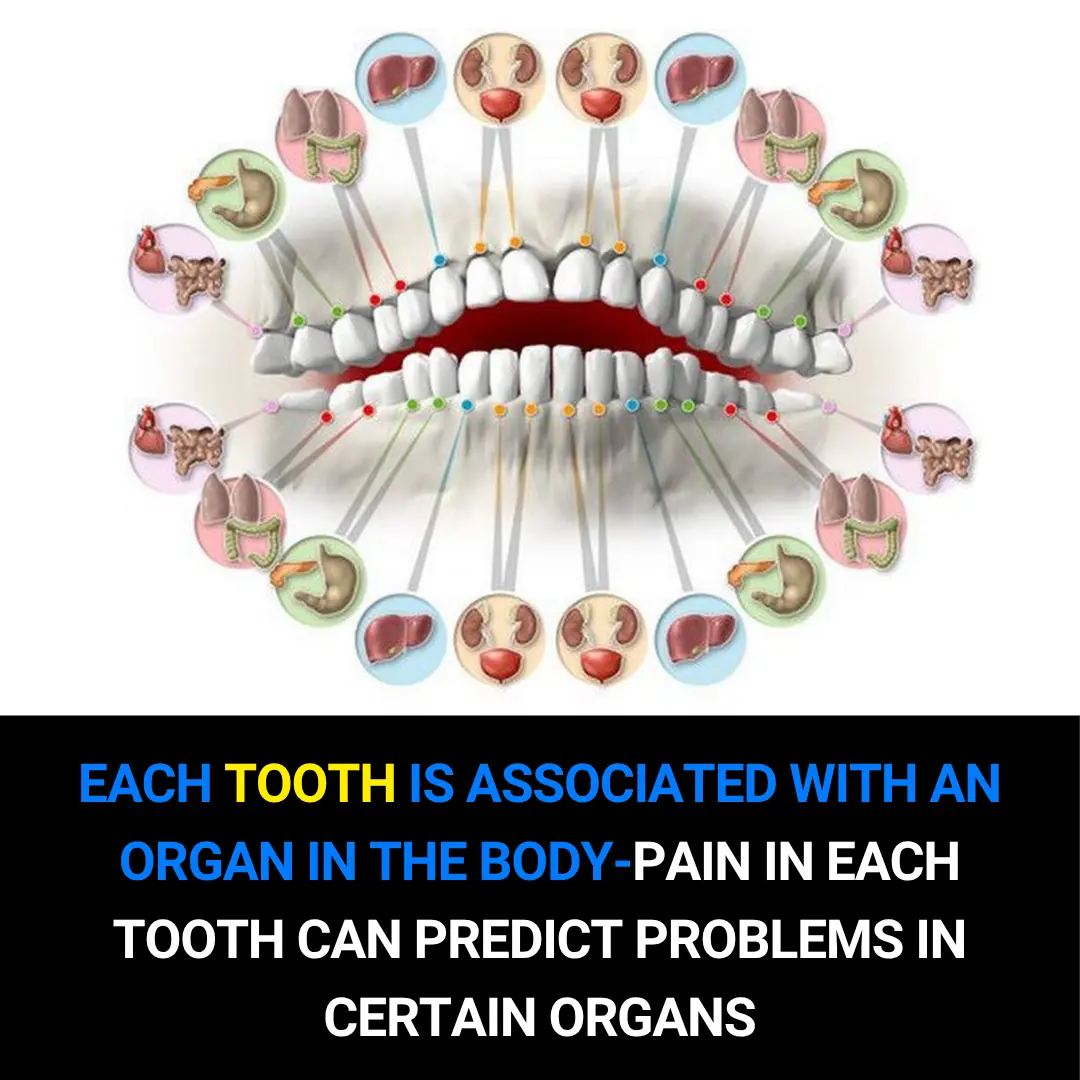
Each Tooth Is Connected to an Organ in the Body – How Tooth Pain May Reveal Hidden Health Problems
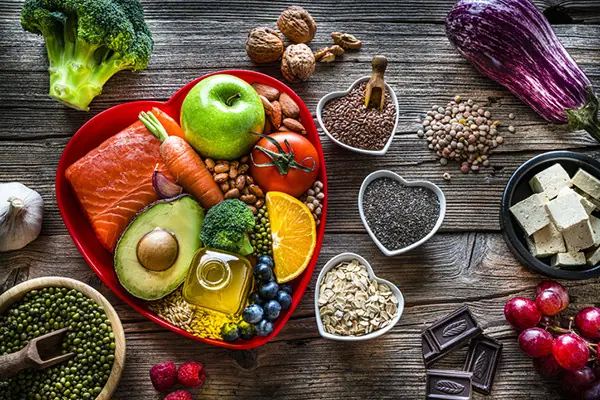
7 Heart-Healing Foods Your Cardiologist Won’t Tell You About
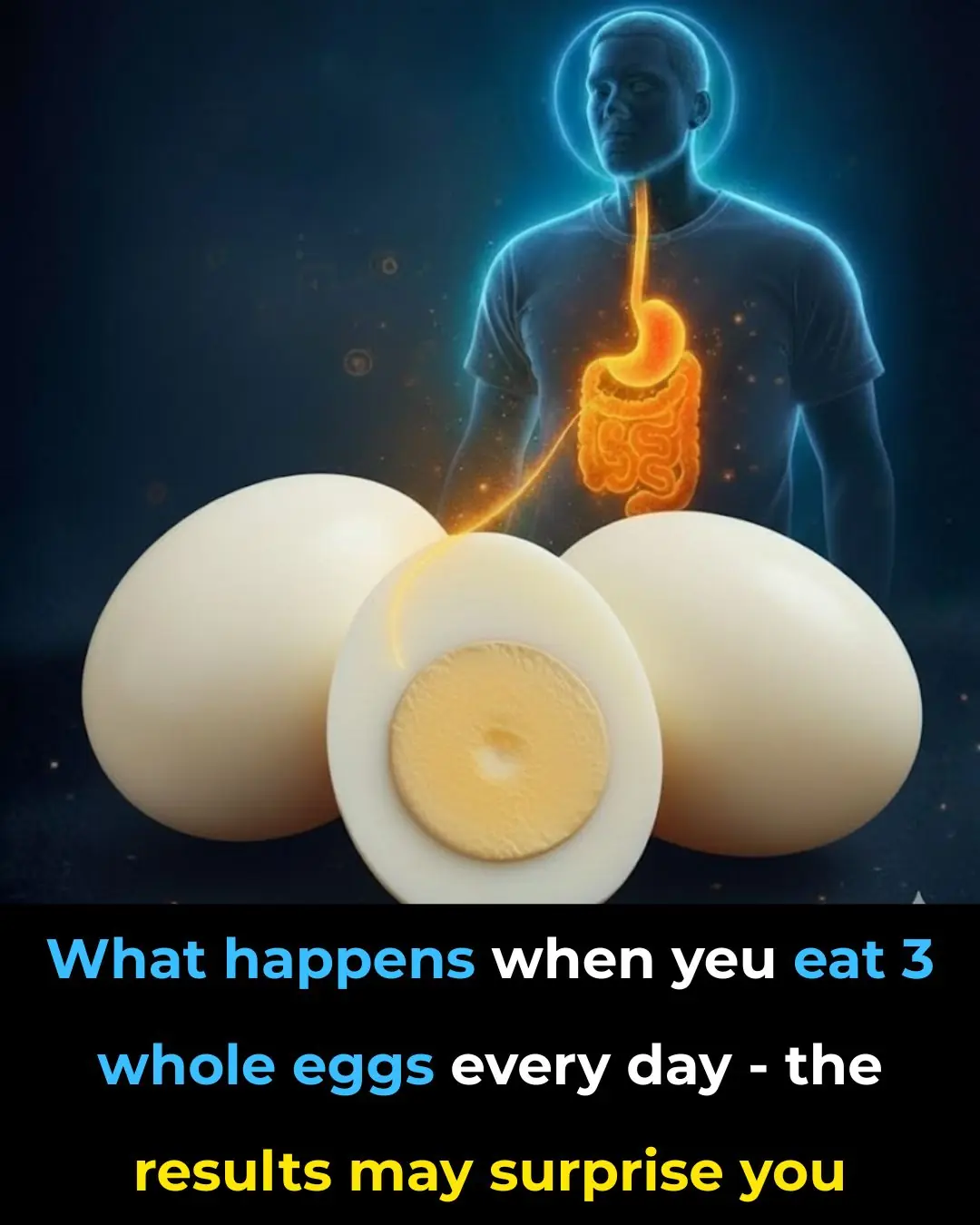
What Happens When You Eat 3 Whole Eggs Every Day…You’ll Be Surprised What It Does To Your Body!
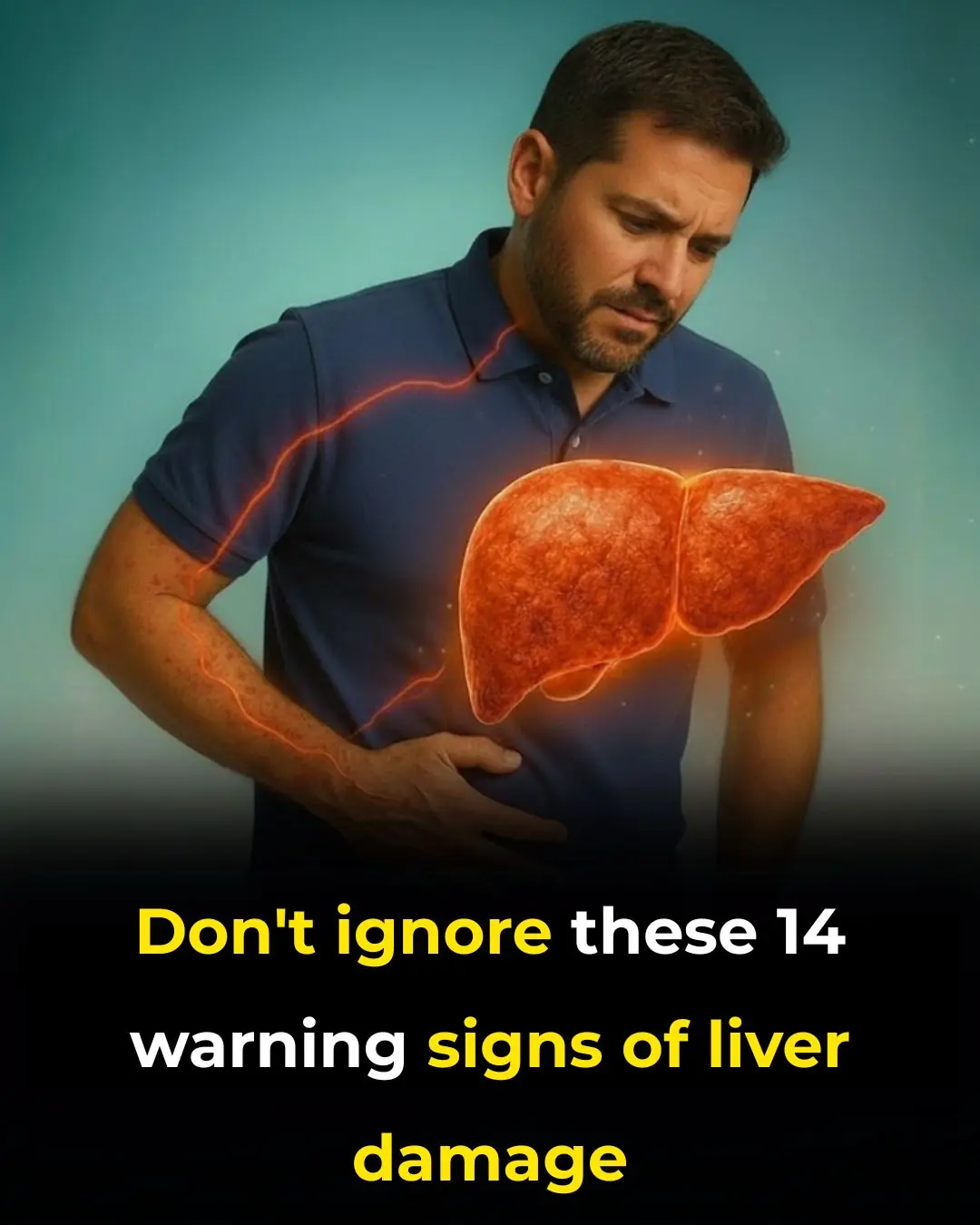
14 Symptoms of Liver Damage You Need to Know
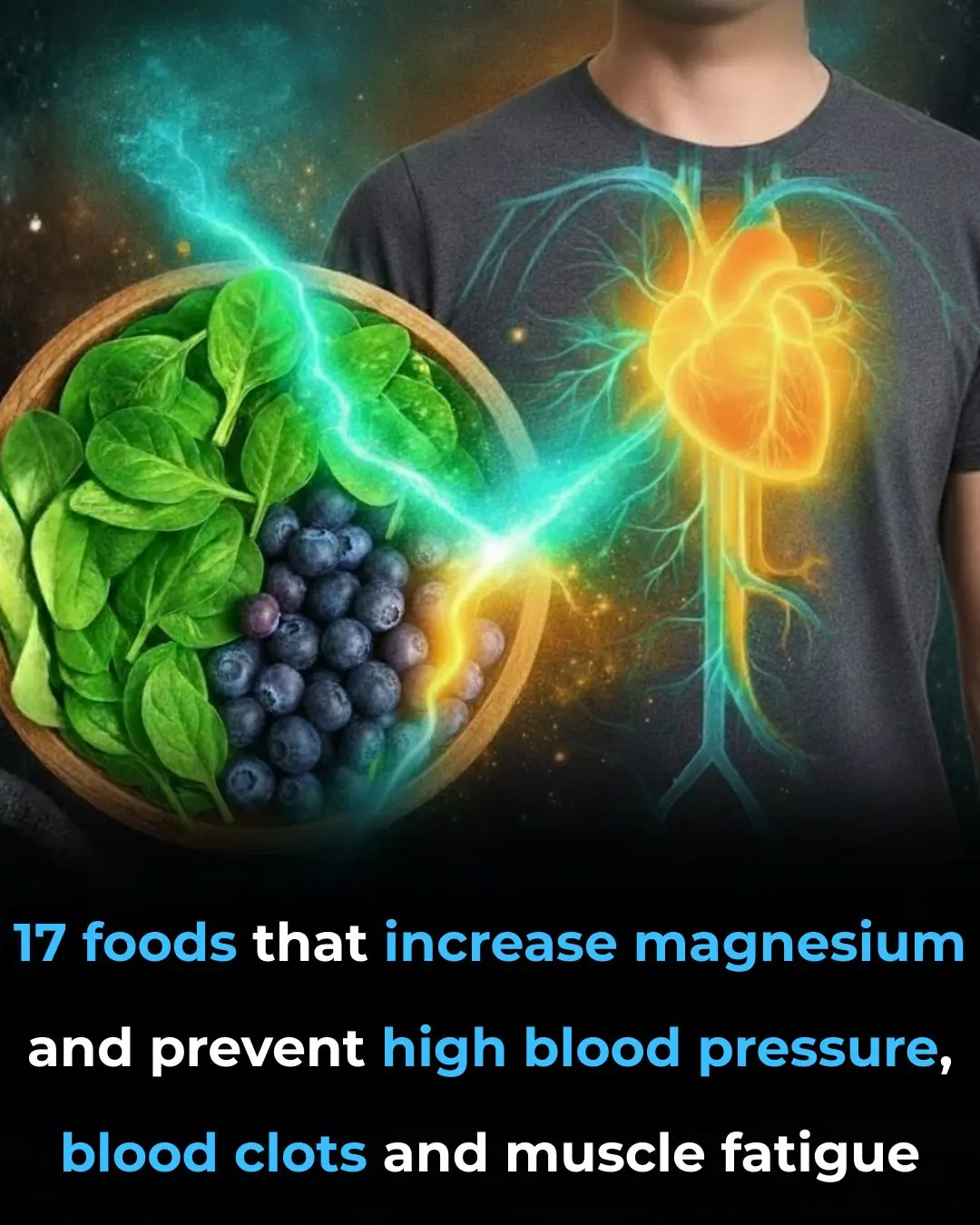
17 Foods That Increase Magnesium And Prevent High Blood Pressure, Blood Clots And Muscle Fatigue
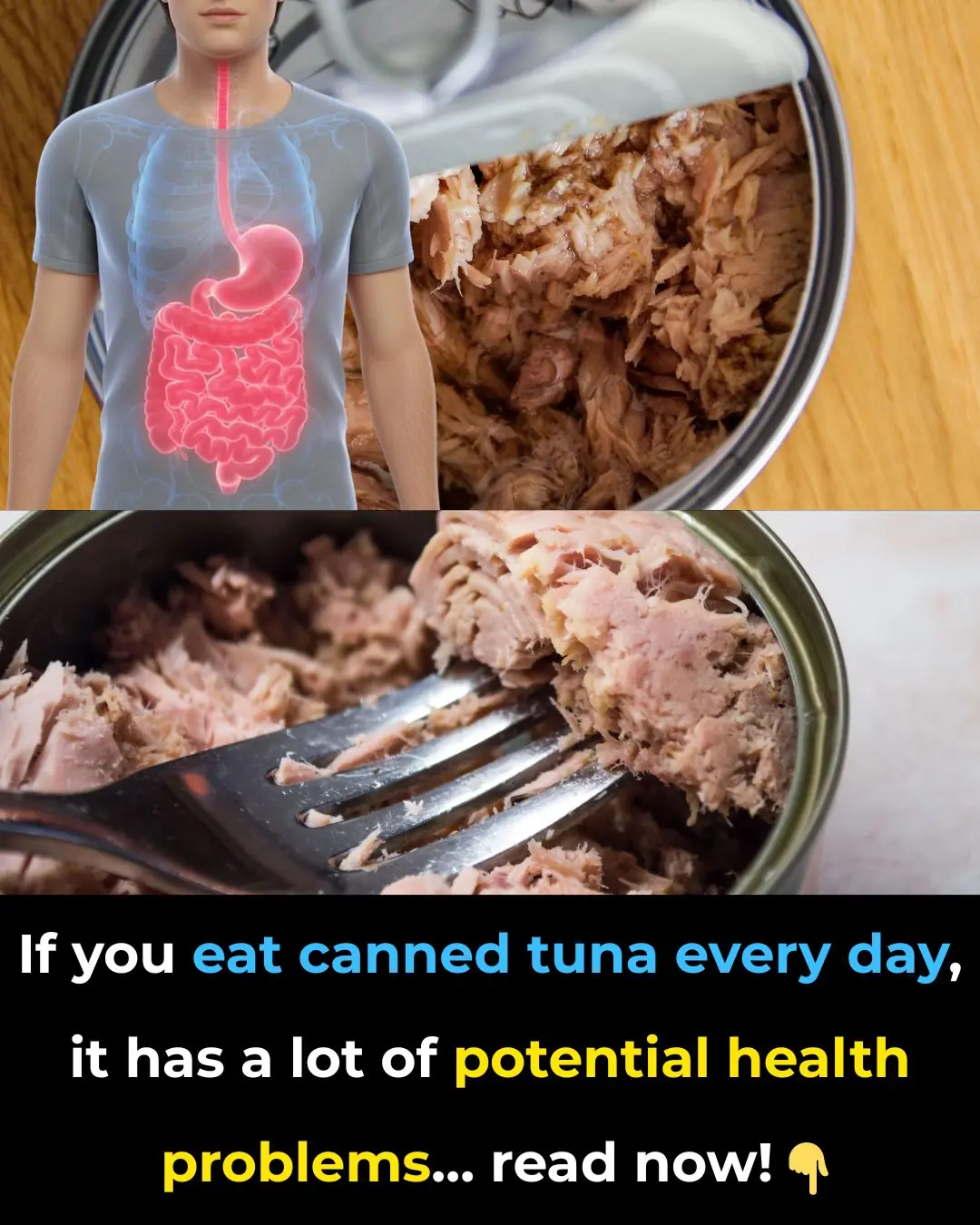
This Is What Happens to Your Body If You Eat Canned Tuna Every Day
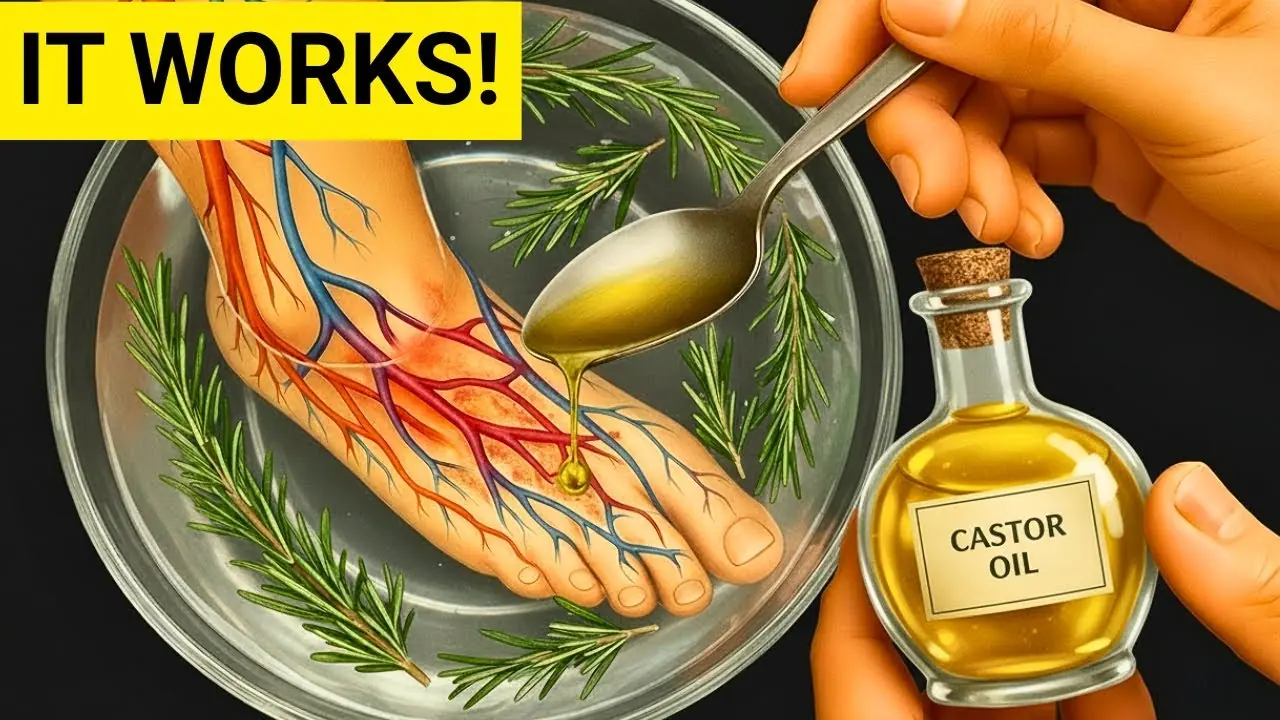
Mix Castor Oil and Rosemary — The 7-Day Results Will Surprise You
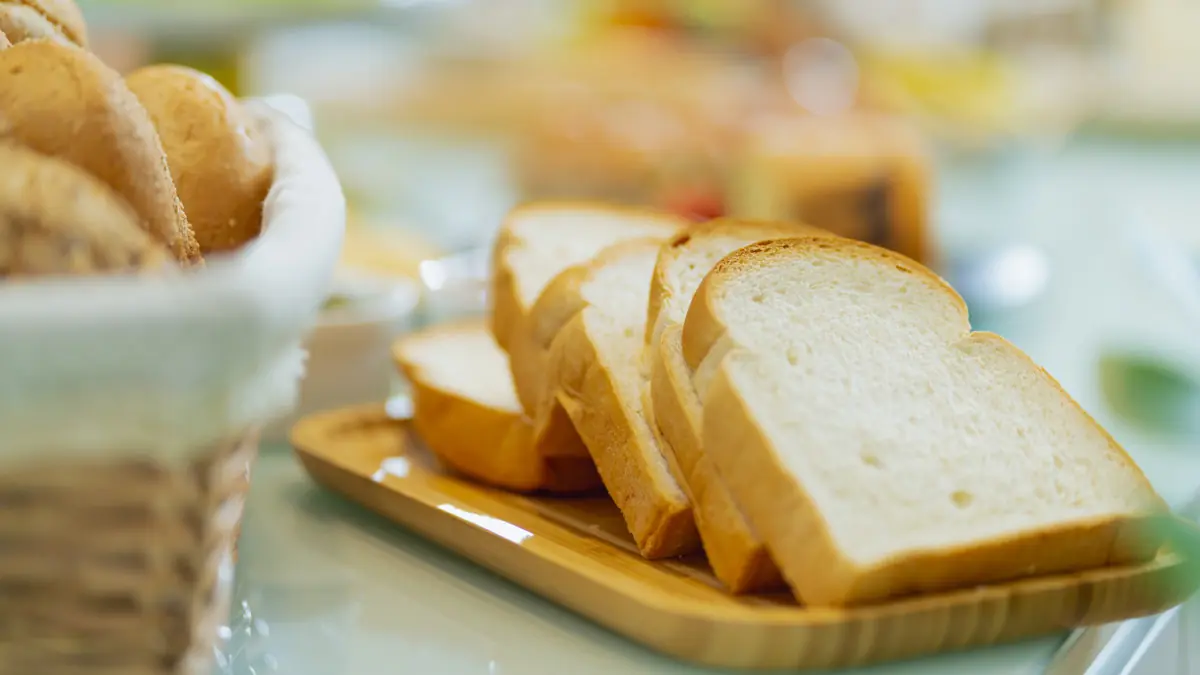
This Is What Happens to Your Body the Day You Stop Eating Bread
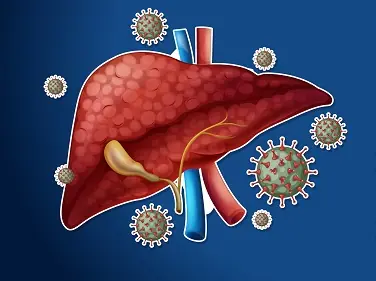
14 Symptoms of Liver Damage You Need to Know
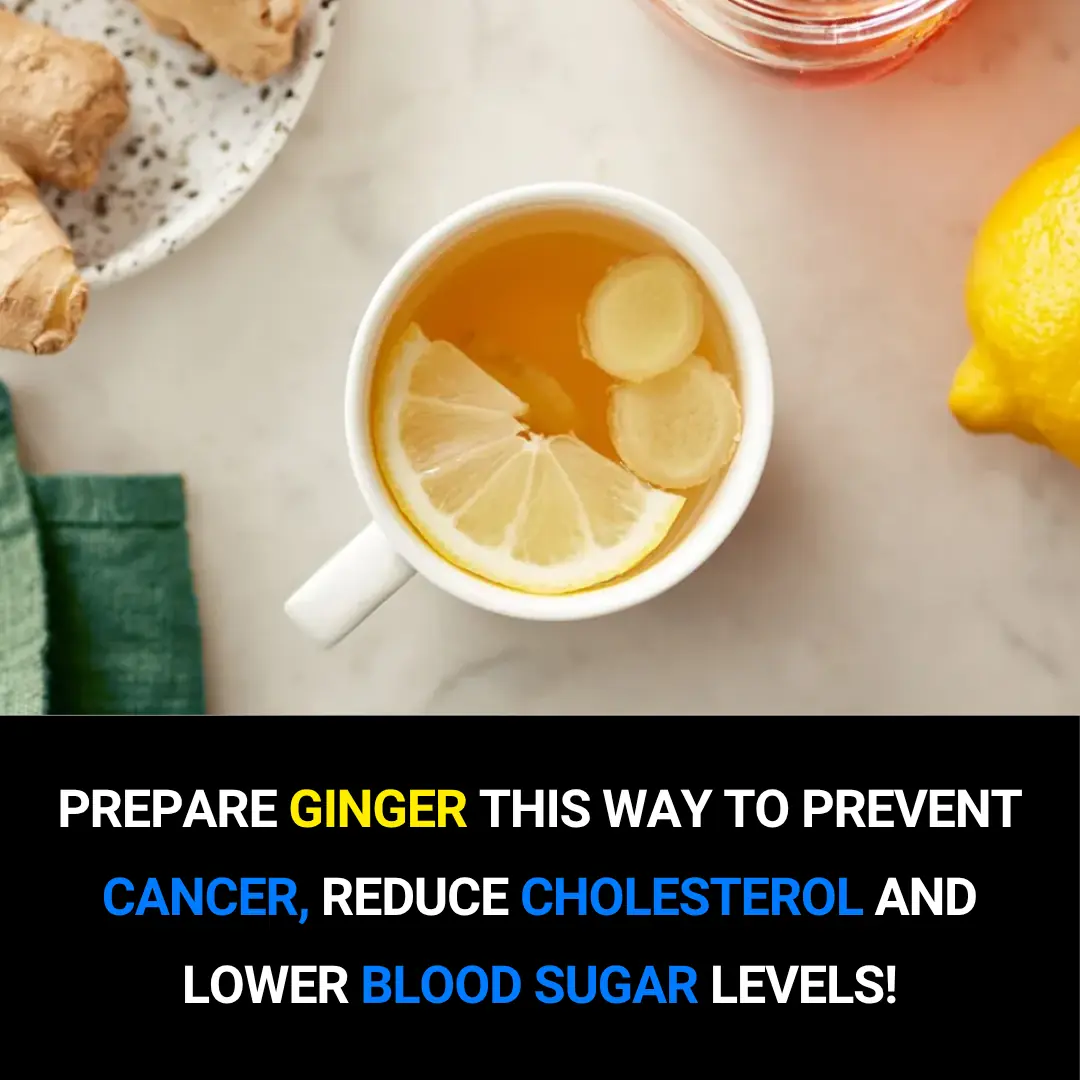
Prepare Ginger This Way to Prevent Cancer, Reduce Cholesterol, and Lower Blood Sugar Levels
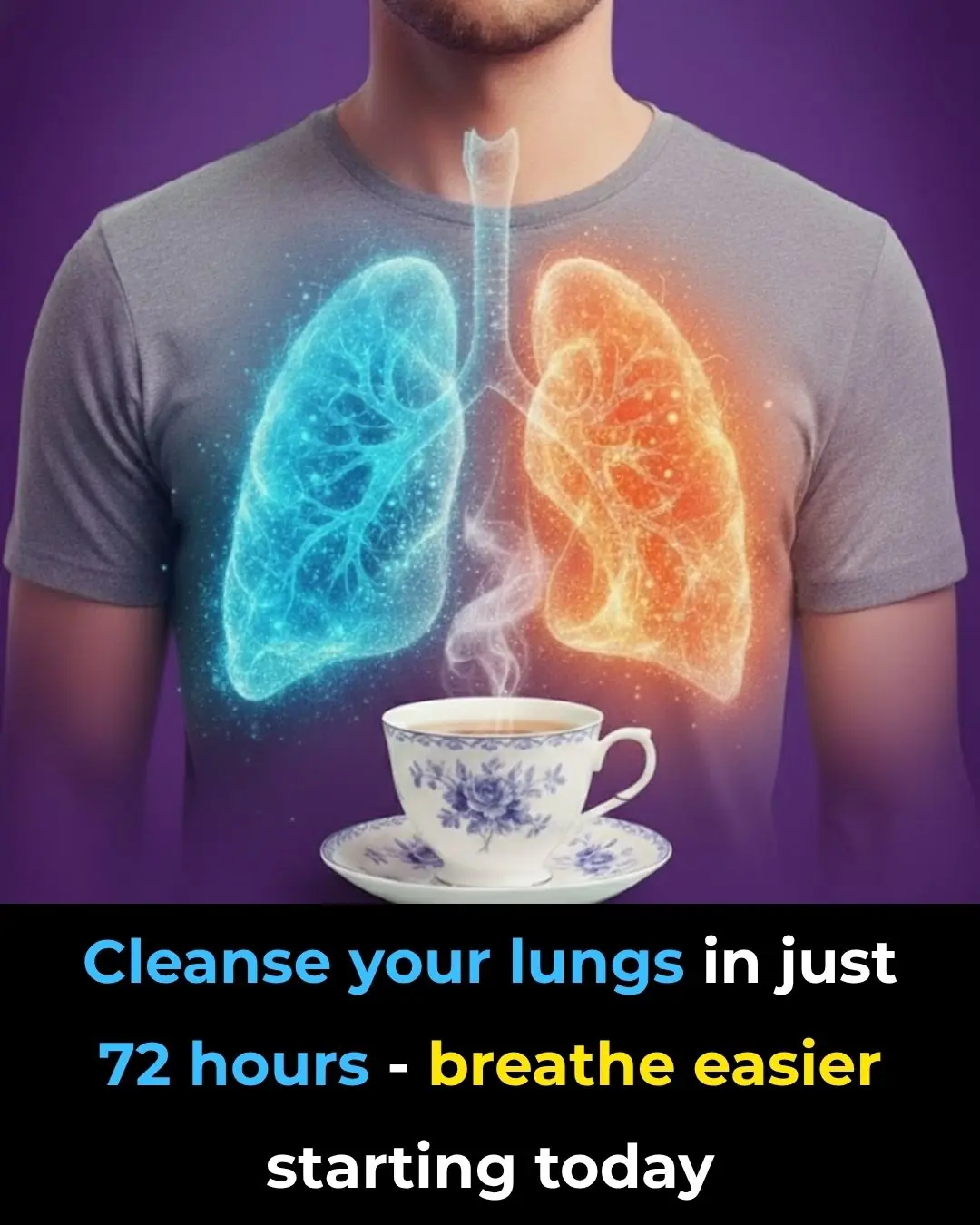
How to effectively cleanse your lungs in just 72 hours

Scientists find a berry that can combat cancer, diabetes, and obesity
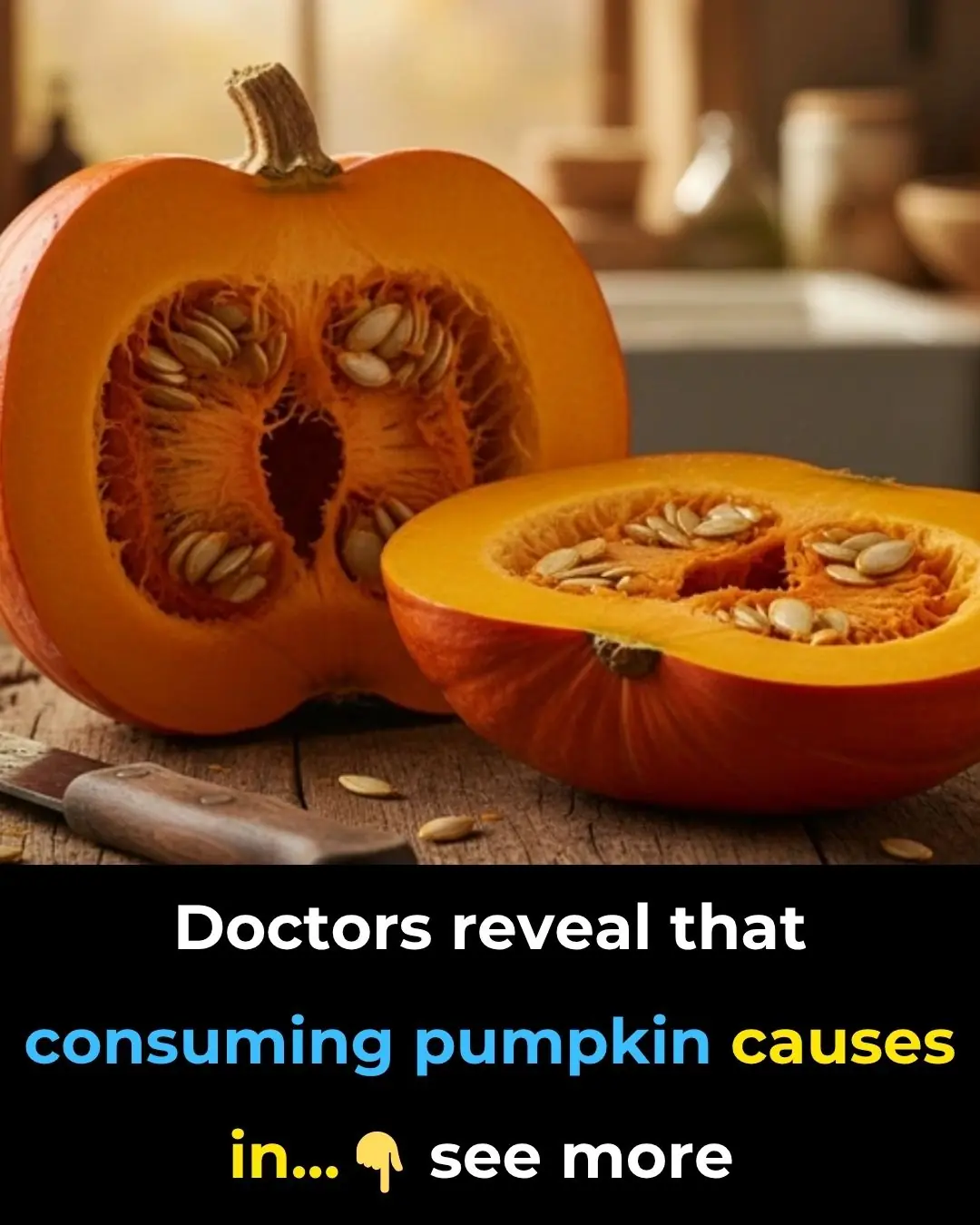
Doctors reveal that consuming pumpkin causes in...
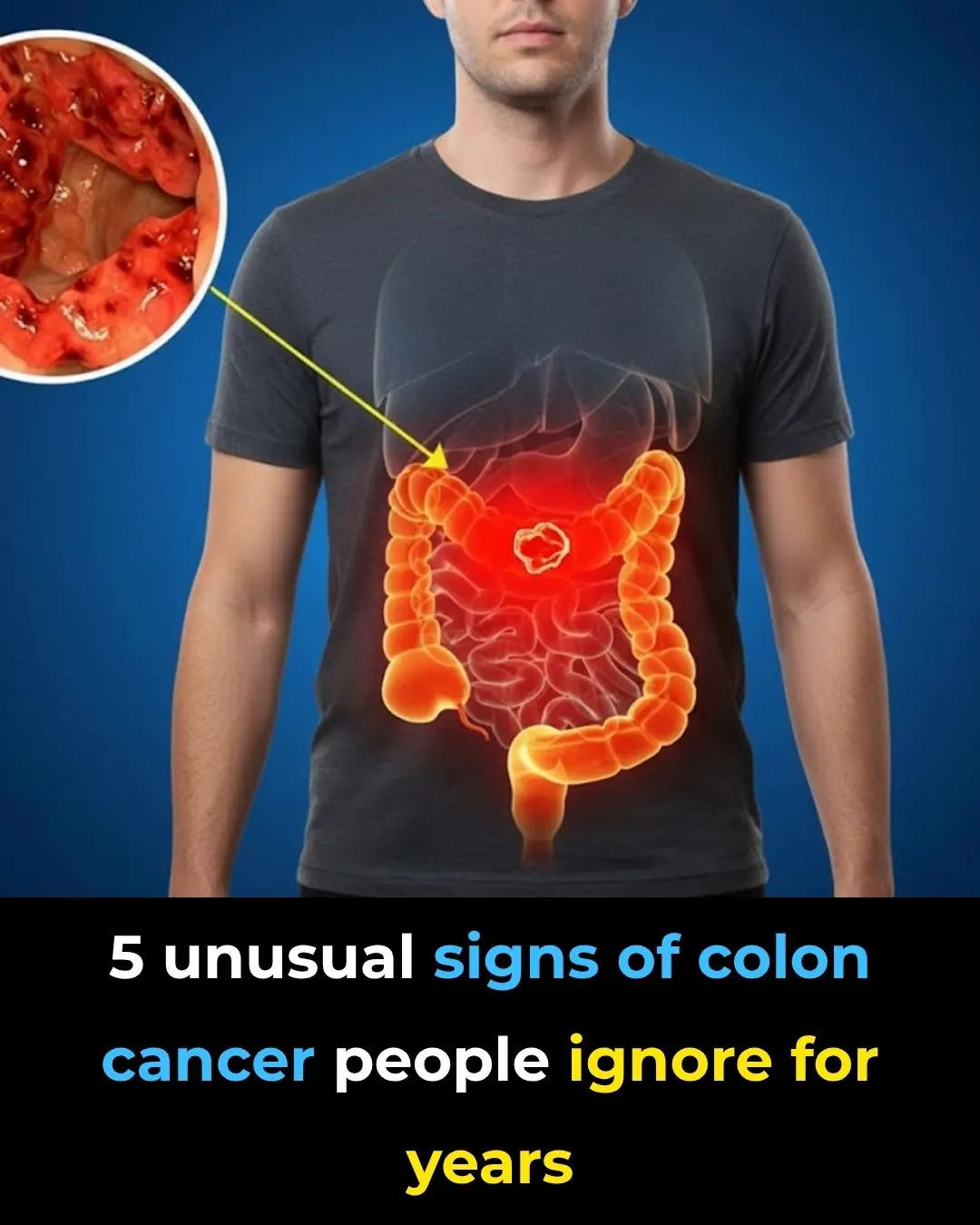
🚨 The Silent Danger: Early Signs and Prevention of Colorectal Cancer
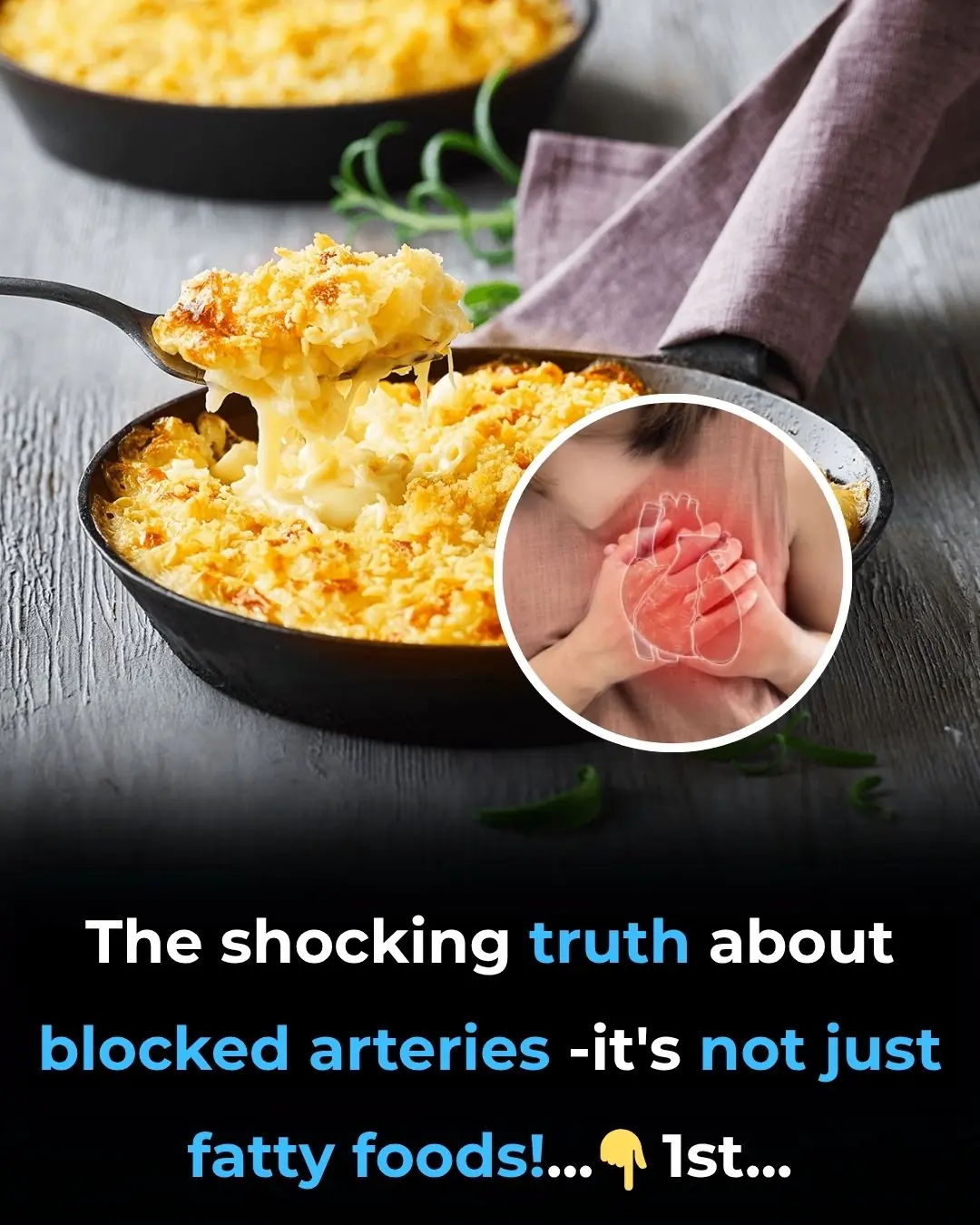
The shocking truth about blocked arteries—it’s NOT just fatty foods!
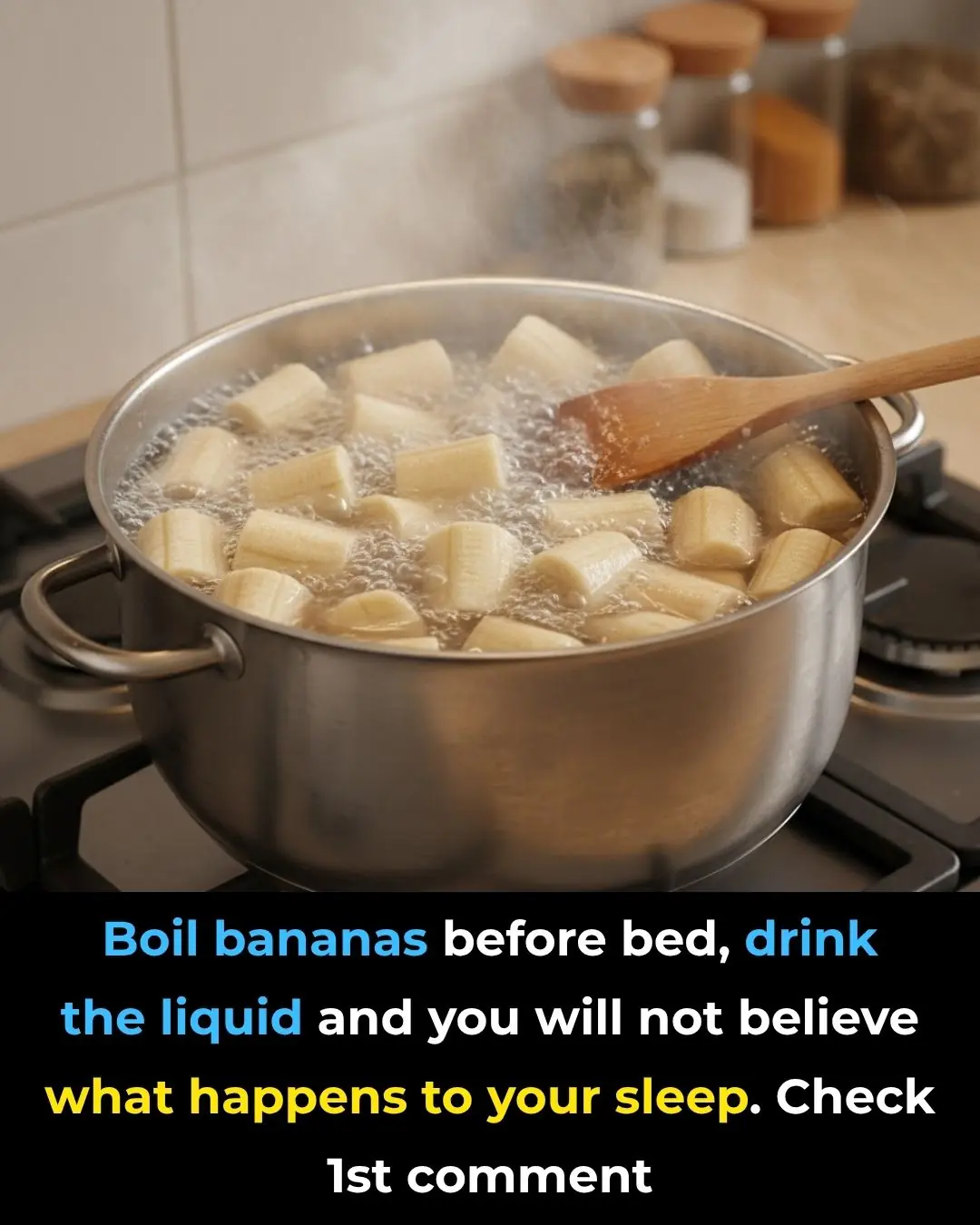
Boil bananas before bed, drink the liquid and you will not believe what happens to your sleep
News Post

Vertical Nail Ridges? Here’s What Causes Them — and How to Fix It

The Unseen Heroes: A Rescue Dog's Loyalty That Saved My Life

Barrett’s Miracle: A Journey of Faith, Strength, and Prayer

A Farewell to a Friend and His Passion for Music

Top 5 Nutrients to Reduce Swelling in Feet and Legs

A Rare Encounter: The Moment a Mountain Lion Meets a Baby
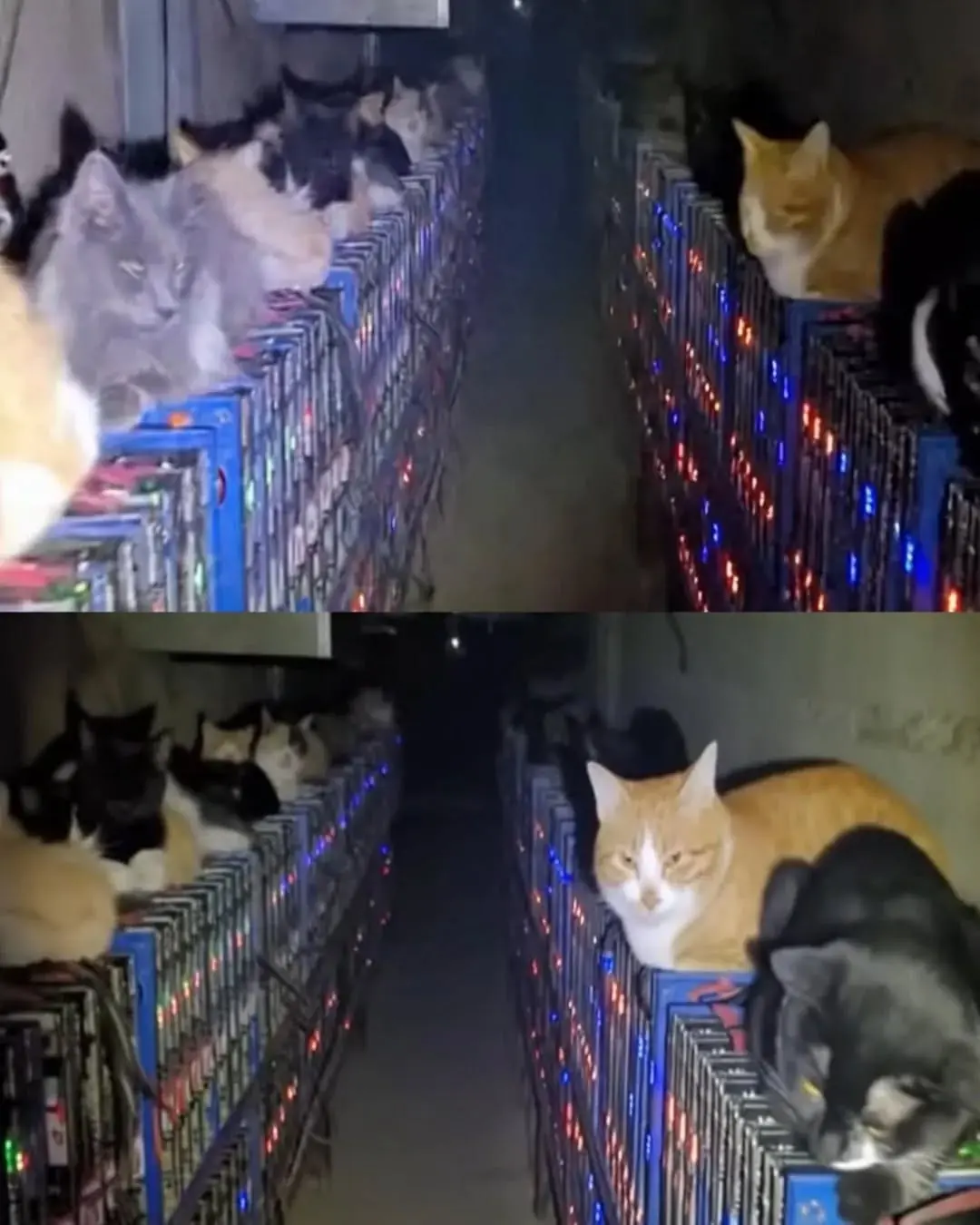
Stray Cats Bring a Bitcoin Mine to a Standstill — And Melt Hearts in the Process

If you sleep with socks on, see what happens

Each Tooth Is Connected to an Organ in the Body – How Tooth Pain May Reveal Hidden Health Problems
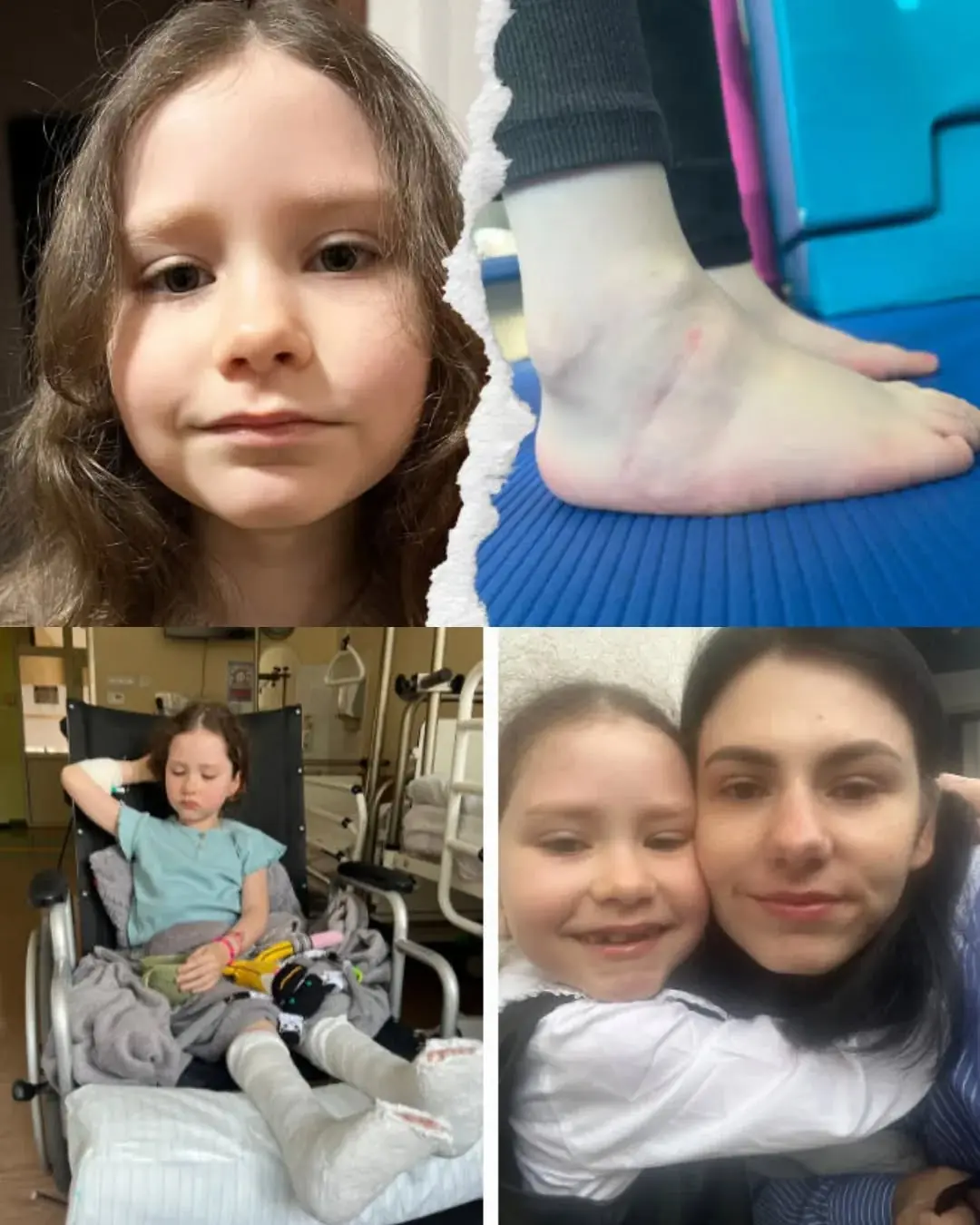
Dominika’s Fight for a Childhood Without Pain

Why There's A Growing Trend Of Straight Men Dating Trans Women

Michalinka’s Fight for Life: A Tiny Body, a Giant Spirit

A Miracle in the Making: Baby Harlan’s Fight for Life

From Tragedy to Triumph: The Unbreakable Spirit of Janey Carter

A Battle of the Wild: The Confrontation Between a Raging Elephant and a Baby Hippo

7 Heart-Healing Foods Your Cardiologist Won’t Tell You About

Never Clean Your Light Switch with Water: Here’s a Trick to Make It Spotless
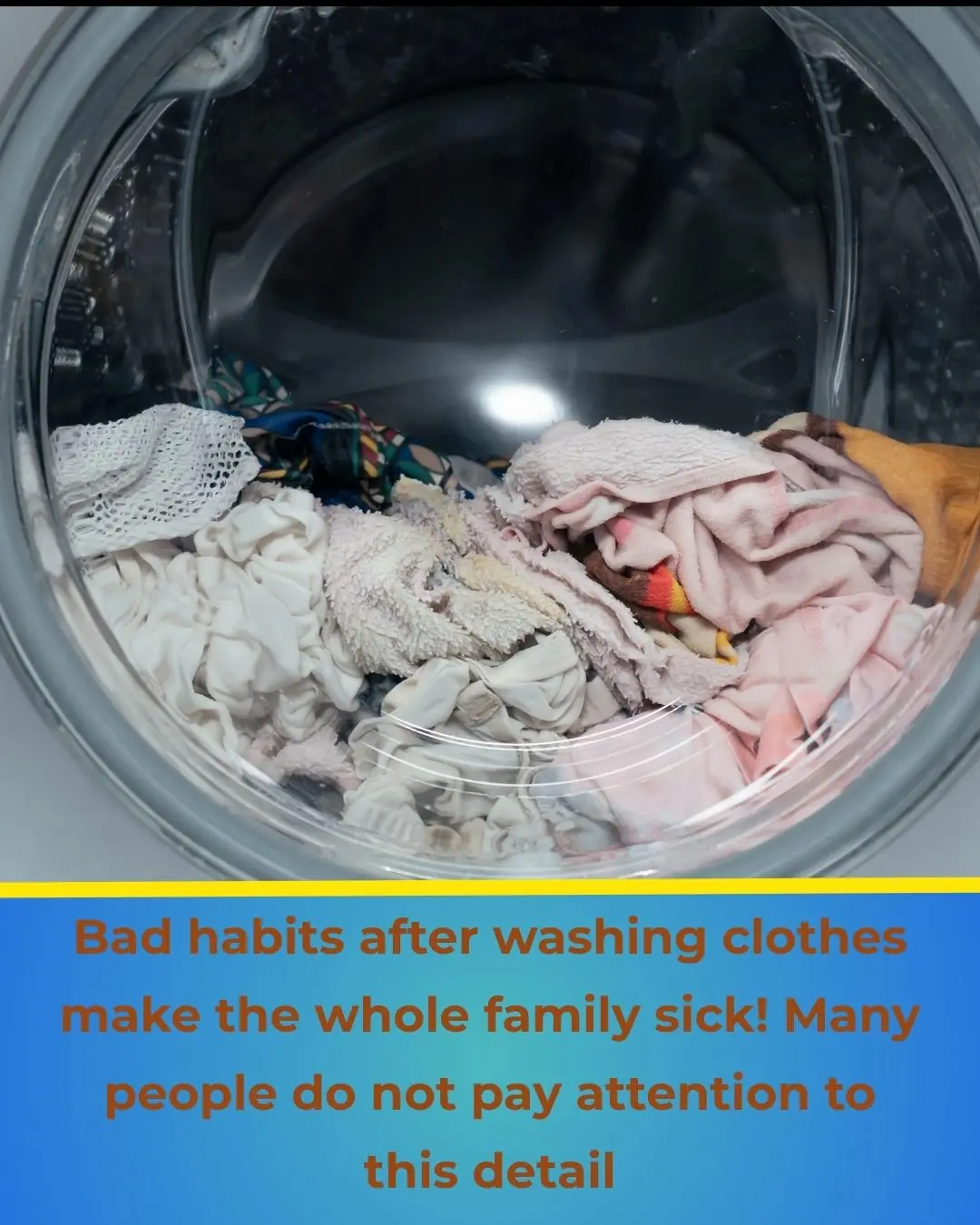
Bad Habits After Doing Laundry That Can Make Your Whole Family Sick! Many People Overlook This Detail
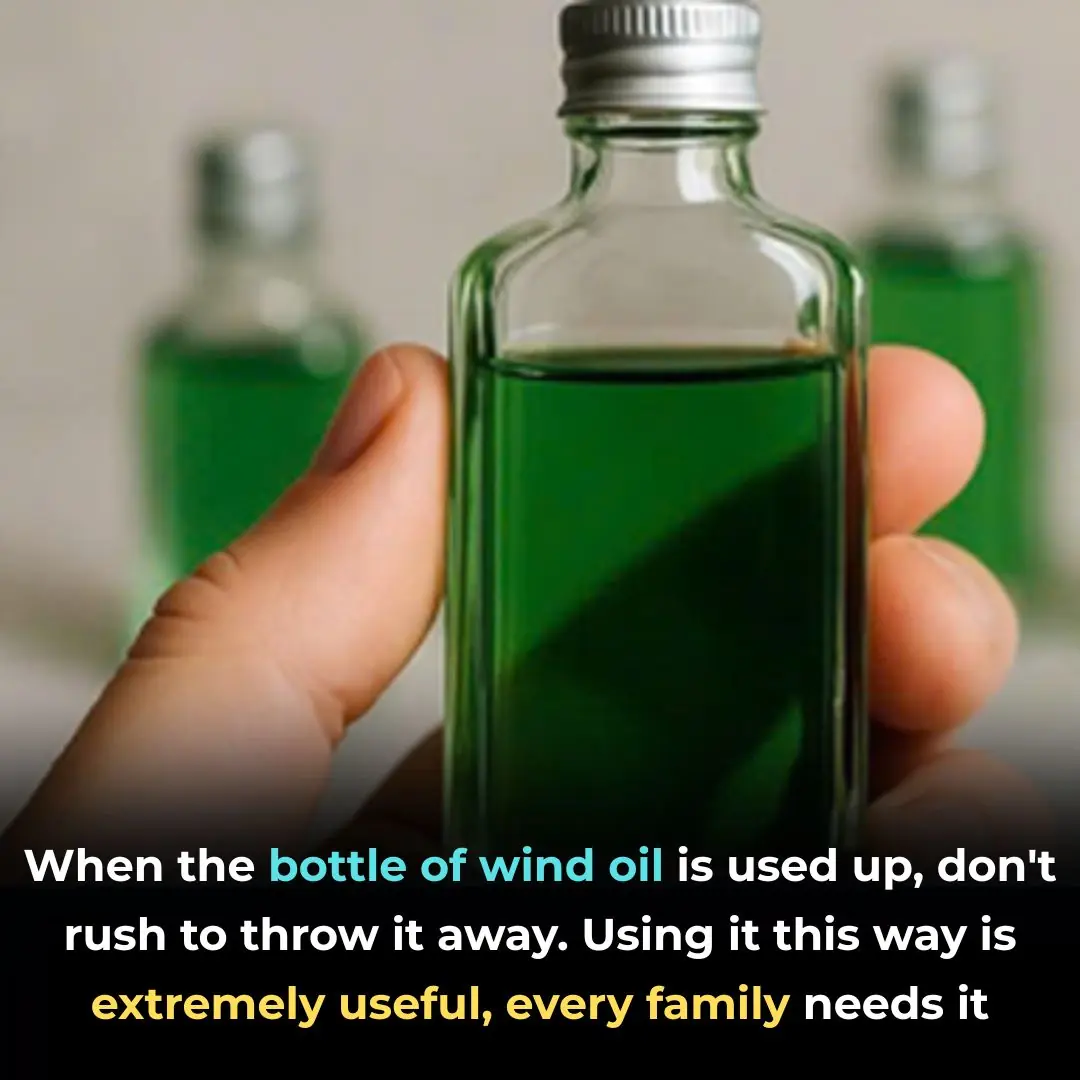
Don’t Throw Away Your Used Balm Jar – Here’s a Super Useful Way to Reuse It That Every Family Needs
